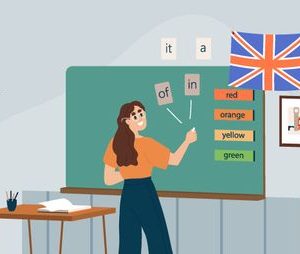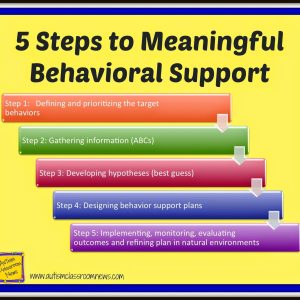In the field of special education, paraprofessionals play a crucial role in supporting students with disabilities and helping them achieve academic success. These dedicated individuals work closely with teachers and other professionals to provide personalized assistance to students with special needs. In this article, we will explore the important role that paraprofessionals play in special education settings.
What is a Paraprofessional?
A paraprofessional, also known as a paraeducator or instructional assistant, is a trained individual who works under the supervision of a certified teacher to provide additional support to students with disabilities. Paraprofessionals may assist with classroom tasks, provide one-on-one support, and help students navigate their individualized education plans (IEPs).
Supporting Students with Disabilities
One of the primary roles of a paraprofessional in special education is to support students with disabilities in their academic and social development. Paraprofessionals may work with students one-on-one or in small groups to provide individualized instruction, reinforcement of learning concepts, and assistance with completing assignments.
Paraprofessionals also play a key role in helping students with disabilities navigate the challenges of the classroom environment. They may assist students with organizing their materials, managing their time, and staying on task during instruction. By providing personalized support and encouragement, paraprofessionals help students with disabilities build confidence and achieve their academic goals.
Collaborating with Teachers and Professionals
Paraprofessionals work closely with teachers, therapists, and other professionals in the special education team to create a supportive and inclusive learning environment for students with disabilities. They may attend team meetings, contribute to the development of student IEPs, and communicate regularly with teachers and parents about student progress and needs.
By collaborating with other professionals, paraprofessionals can ensure that students receive the comprehensive support they need to succeed in school. They play a valuable role in advocating for students with disabilities and helping to create a positive and inclusive learning environment for all students.
Providing Emotional and Behavioral Support
Students with disabilities may face unique emotional and behavioral challenges in the classroom. Paraprofessionals are trained to provide understanding and support to students who may be struggling with anxiety, frustration, or other emotional issues. They may help students develop coping strategies, build social skills, and manage their emotions in a positive way.
Paraprofessionals also play a key role in helping students with disabilities navigate social interactions and develop positive relationships with their peers. By providing a supportive and nurturing presence in the classroom, paraprofessionals help students feel safe, valued, and respected.
Conclusion
In conclusion, paraprofessionals play a vital role in supporting students with disabilities in special education settings. These dedicated individuals provide personalized assistance, collaborate with teachers and professionals, and help students develop the academic and social skills they need to succeed. By working closely with students, families, and the special education team, paraprofessionals help create a supportive and inclusive learning environment where all students can thrive.
For more information about the important role of paraprofessionals in special education, visit the U.S. Department of Education website.








